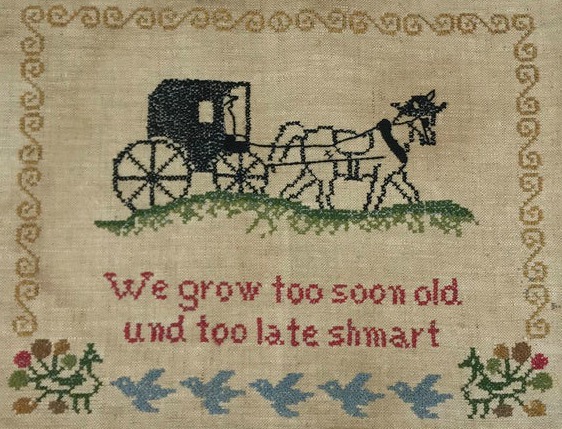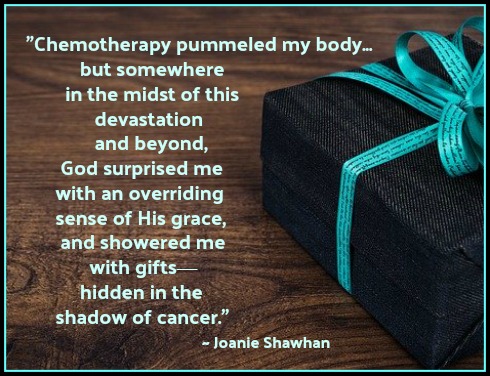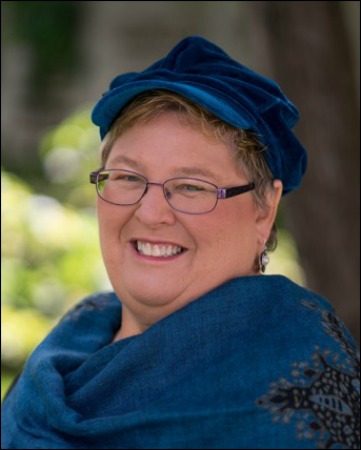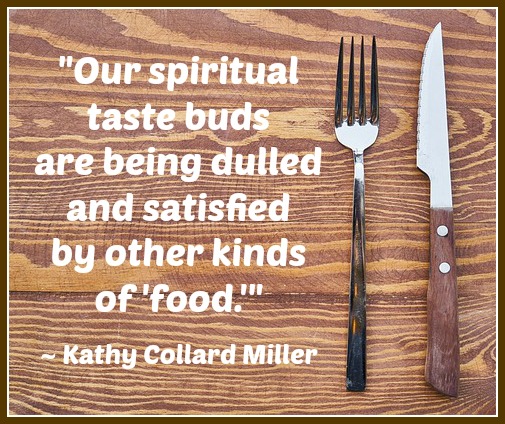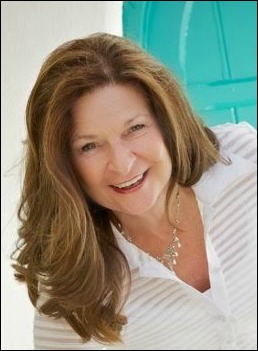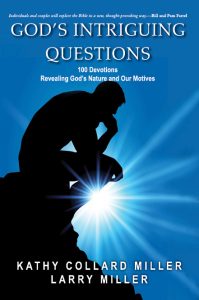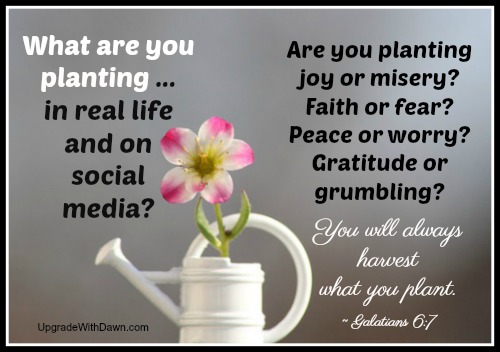Finding Peace When Regret Cripples Your Heart
Dianne Barker is a positive author with a caring heart. In this Biblical Perspective UPGRADE, she reminds us where our peace comes from when our hearts are filled with regrets.
 Dianne asks, "Are you looking back on what appears to be a colossal failure?"
Dianne asks, "Are you looking back on what appears to be a colossal failure?"
I (Dawn) think we all have them—regrets about our failures. But we don't have to let regrets settle into our hearts. God made a way to confident peace, and Dianne helps us understand how that can change us.
Dianne continues . . .
Looking back on failure thrusts me into a reflective mood:
- wondering where I messed up,
- how I could have made better decisions, and
- what else I could have done to get the desired result.
The cliché hindsight is 20/20 is on target.
Sadly, we don’t have hindsight when we need it—BEFORE the colossal failure.
When it does show up, we beat and blame ourselves for not handling matters better, crying, "If only!"
A friend’s wise words helped me move beyond crippling regret.
I had arrived at our Bible study feeling discouraged and defeated after giving an angry response to someone I loved. Now my friend and I would teach other women about the Christ-filled life.
Feeling like a failure, I shared the situation with my co-leader, Amy, a precious and godly young woman who loved me unconditionally.
She knew my angry response was out of character and that I would make amends. But at this moment, I needed to move beyond the incident and focus on the lesson.
With eyes communicating love and concern, she said,
“'Forgetting what lies behind and straining forward to what lies ahead.' If something happened five minutes ago, it’s behind.”
Learning to apply Philippians 3:13 in such a practical way changed me.
Our amazing minds do not forget, but we can choose to put a matter out of mind.
The top two reasons to forget the past:
- It wasn’t very good.
- It’s unchangeable.
Why do we continue thinking about a disappointment that caused hurt? It’s past… unchangeable.
If we don’t put it out of mind, failure will rob our peace and joy going forward.
Maybe you had a colossal failure in a relationship. Maybe you made a devastating personal choice.
Here's how I've learned to deal with regrets:
1. Run to Jesus and confess the failure.
2. Accept His forgiveness.
3. Seek His wisdom and go in His strength to make amends, if amends are required. (Sometimes the issue is mine only).
4. Choose to put the incident out of mind and go forward giving praise to the Lord.
Our Enemy loves to berate us, reminding us of failure and pouring on regret.
Friend, it is past! Forgiven!
Actively trust in God's forgiveness, release the past to His grace, and surrender your life to walk in obedience.
King David had a colossal failure. Remember the Bathsheba-Uriah incident? He suffered unthinkable consequences for his poor judgment, but he confessed and received God’s forgiveness and blessing.
Let 1 Kings 15:5 encourage you:
“because David did what was right in the eyes of the Lord and did not turn aside from anything that he commanded him all the days of his life, except in the matter of Uriah the Hittite.”
Is there a colossal failure you need to get past? When the Enemy pours on regret, how can embracing what God's Word says about intentionally "forgetting" your past—your regrets—give you peace?
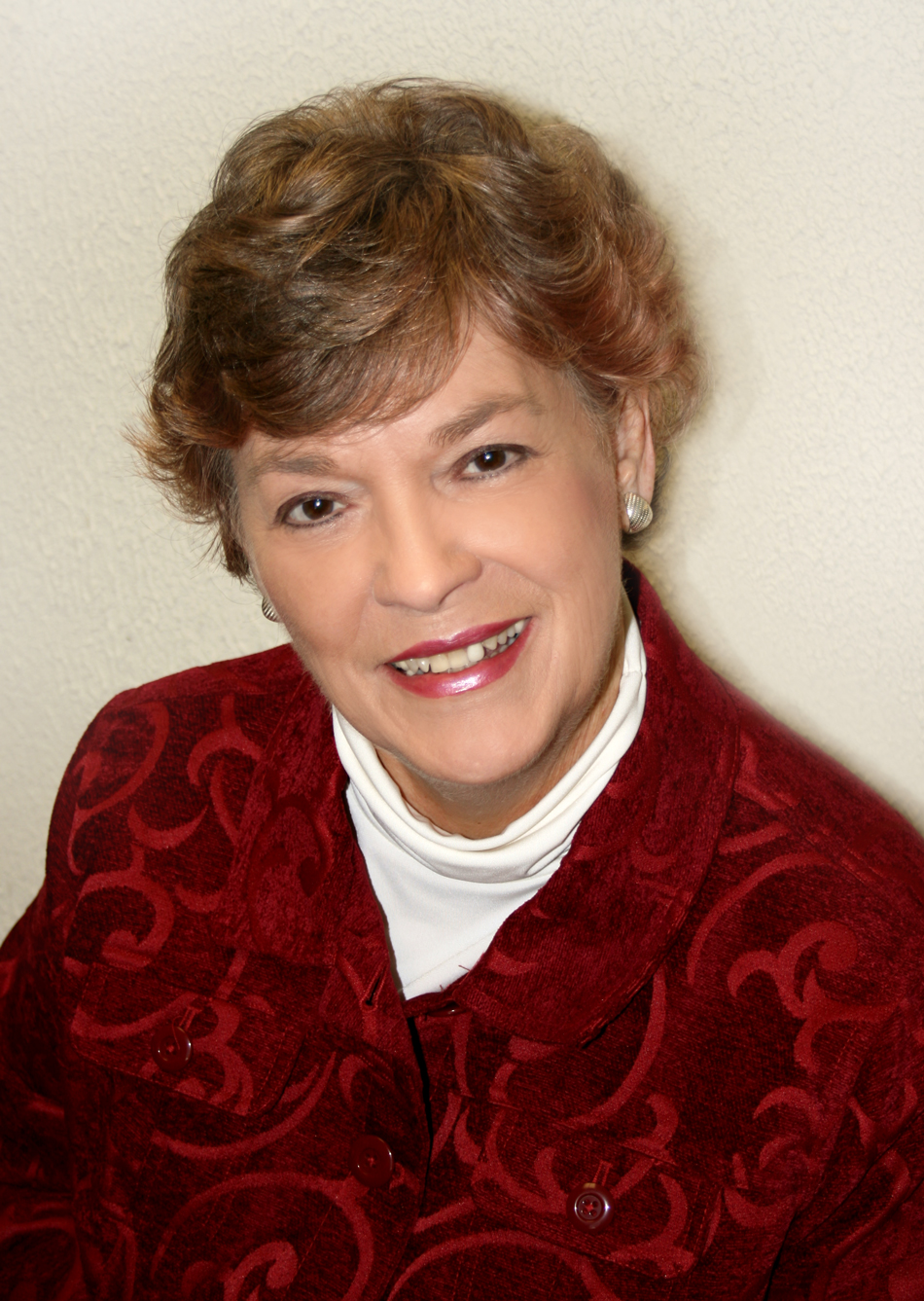 Dianne Barker is a speaker, radio host, and author of 11 books, including the best-selling Twice Pardoned and award-winning I Don’t Chase the Garbage Truck
Dianne Barker is a speaker, radio host, and author of 11 books, including the best-selling Twice Pardoned and award-winning I Don’t Chase the Garbage Truck 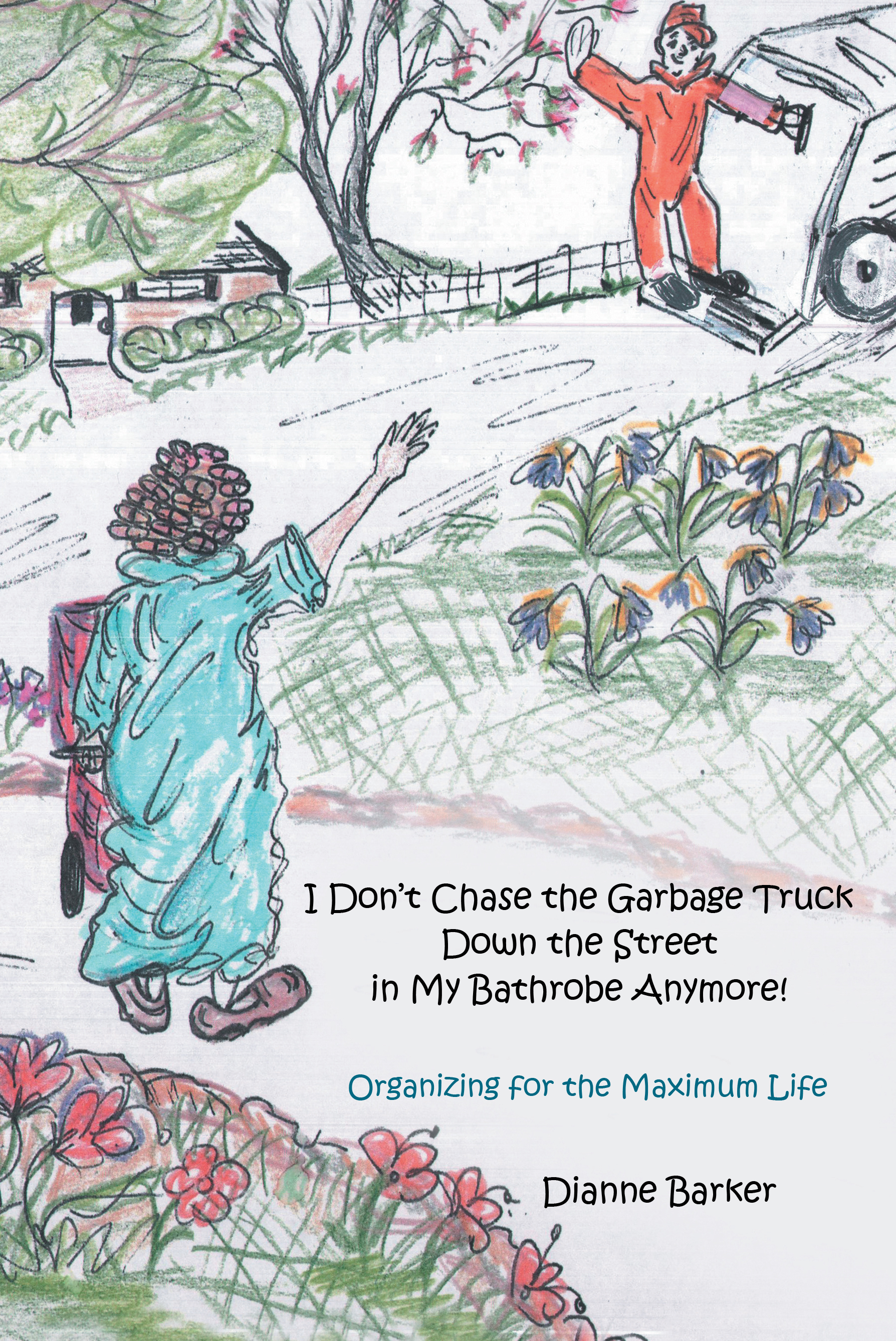 Down the Street in My Bathrobe Anymore! Organizing for the Maximum Life. She’s a member of Advanced Writers and Speakers Association, Christian Authors Network, and Word Weavers International. Visit her blog for more information. www.diannebarker.com.
Down the Street in My Bathrobe Anymore! Organizing for the Maximum Life. She’s a member of Advanced Writers and Speakers Association, Christian Authors Network, and Word Weavers International. Visit her blog for more information. www.diannebarker.com.
Graphic adapted, courtesy of Foundry Co at Pixabay.
 Post a Comment → Posted on
Post a Comment → Posted on  Thursday, October 15, 2020 at 9:14AM
Thursday, October 15, 2020 at 9:14AM  Failure,
Failure,  Failures,
Failures,  Feelings of Failure,
Feelings of Failure,  Forgiven,
Forgiven,  Forgiveness,
Forgiveness,  Hindsight,
Hindsight,  Phil. 3:13,
Phil. 3:13,  Regrets Upgrade Your Life
Regrets Upgrade Your Life  Attitudes,
Attitudes,  Perspective,
Perspective,  Spiritual Growth
Spiritual Growth 




